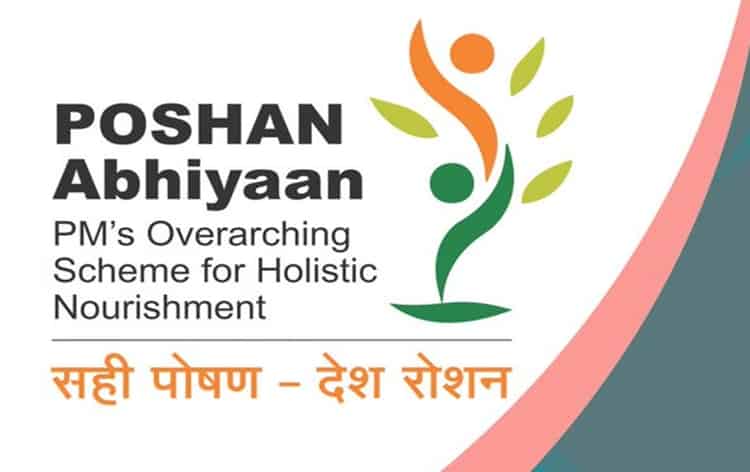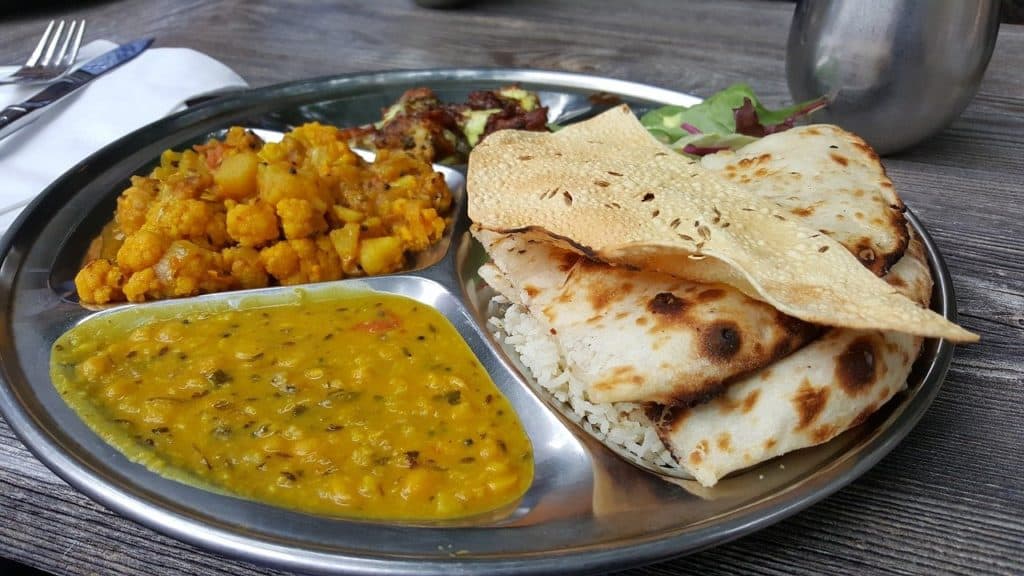The nutritional status of growing children has always been a matter of great concern the world over. Even during normal days, several factors influenced the dietary intake of school going children. Like their socio-economic status, eating practices, the family’s likes and dislikes, regional menus. It’s not only the qualitative and quantitative food intake that varies. A lot depends on dietary habits. Some families eat together while some eat in isolation. Meal timings vary from family to family. Availability of nutritious food throughout the year in every part of a country like ours is another challenge.
Every child has his own mood swings that make him indulge in some foods excessively and reject the more healthy alternatives.
The global scale of school closures during COVID-19 has been unprecedented. The long lockdown forced families to choose food depending on availability and storing facilities at home. And given India’s diversity of socio-economic categories, the lockdown impacted the nutritional status of each category differently.
School closure also disrupted the distribution channels through which school meal programmes operate. This left many needy children without even one wholesome meal a day that was provided earlier in the schools. The cognitive abilities among school students below the poverty line, that had improved due to mid-day meal scheme, started visibly deteriorating when they were unable to access this due to closure of schools.
Read more: Nobody’s children: Out-of-school kids in Delhi find their plates empty
On September 29th, a new PM Poshan Scheme was approved by the Union Cabinet. This will provide mid-day meals to more than 11.8 crore government school students. The scheme will be extended to students to pre-primary or Bal Vatikas of government and government-aided primary schools, in addition to those already covered under the scheme. The damage done by the closure cannot be undone, but proper implementation of this scheme definitely can be a big help for underprivileged school going children.
The effects of poor nutrition
In India, the Mid-Day Meal Scheme (MDMS) has, since the pandemic outbreak, shown a 30% decrease in calorie intake among children. Data from the Indian Human Development Survey (IHDS) in 2005 and 2012 showed that MDMS was well targeted to those who needed it most. But school closures have resulted in increased dropout rates that led to losses in lifetime educational attainment. Encouragingly, the Supreme Court issued a notice to all states asking them to continue providing mid-day meals even when schools were closed (India Today, 2020), highlighting the importance of MDMS, even though the lockdown posed huge distribution challenges.
Nutritionally speaking, weight-loss, anaemia, skin allergies/rashes and dental infections among school children due to poor supply of calories, vitamins and minerals all became visible as the lockdown period kept being extended.
A different impact
The middle and the upper class income groups were not spared either, though the challenges and impact were of a different nature. Due to long stay at home with no interaction with peer groups, in these families the problem was dealing with boredom, with reports of children finding an escape by over indulging in food. Constantly nibbling at something made many children overweight, flabby but pale due to the intake of carbohydrate and fat rich food lacking in vitamins and minerals. This also resulted in making some lethargic, sleepy and more inactive.
Irregular meal hours encouraged greater use of online cooked food supply. It was mostly fast and junk food, which did not provide the required nutritional value.

New features
- Under the PM Poshan Abhiyan scheme, ‘Tithi Bhojan’ will be encouraged to allow people from the community to provide special food to the children on occasions and festivals.
- Harvest will be used from the school nutrition gardens for cooking mid-day meals.
- PM-POSHAN Scheme will encourage cooking competitions to promote ethnic cuisine and innovative menus.
- The Farmers Producers Organisations and the Women Self-Help Groups will also be involved in the implementation of the scheme nationwide.
- It has been launched for an initial period of five years (2021-22 to 2025-26) and will cover 11.8 crore students of classes 1-8.
Online learning classes further demanded a different diet plan (more protein, vitamin and mineral rich food). When the same was not met, it led to deterioration in vision, memory retention and related issues on cognitive development.
Senior students preparing for board classes experienced a big change in their study pattern and departure from a proper schedule; heavy intake of tea and coffee to stay awake caused fatigue, insomnia and anxiety.
In some middle class families, in the beginning of lockdown, several mothers looked at the situation very differently and joined their children in ordering foods from fast-food joints (since this service was allowed ).They behaved as if it was a holiday for picnicking at home, without realising the long term ill effects on health and expenditure.
The ill-effects on health started showing not too long afterwards. Poor satiety value of such foods made the family feel hungry in-between meals and online classes of students went for a toss. Lethargic children already forced to stay indoors without any exercise gained weight apart from suffering from digestion related problems. Medication bills went up and the menu had to change from pastas and burgers to soups and khichdi.
A few things to remember
It has been observed and well said by experts that there is a strong association between maternal education and nutritionally healthy outcome of children. Here are few suggestions for parents on nutrition, especially as schools have still not opened fully and younger students in particular are having to continue with online classes.

- Discipline in food is most important. Plan your menu for the whole day so that you can provide a balanced diet.
- Avoid outside food. Cook at home as much as you can
- Due to restricted physical activity of children, less of fats/oil is recommended. Fried food should be avoided as much as possible.
- Plenty of fluid intake in the form of milk, lassi, fresh juices apart from five glasses of water daily to keep the body functioning smoothly.
- Processed and pre-cooked packed foods are harmful due to the preservatives in them. Young children in particular should not be given these.
- There is no need to get exotic and expensive fruits. Add one helping of any of banana /guava/papaya or any locally available seasonal fruit.
- Regulate meal timings to avoid in between nibbling/munching that can kill the appetite for proper meal. Provide fruit at such intervals.
- Some exercises or yoga should be part of daily routine to improve appetite and digestion. This is important as children are not able to avail school sports facilities.
- Involve the children in menu planning and selection of food and educate them on good food habits.
- Provide variety in menu and make the food look attractive by garnishing. Colour combinations in food matter a lot to attract little children. Give fancy names to dishes to add to the humour at the dining table.
- Avoid to the maximum extent possible stacking food in the freezer and reheating and serving those.
- The family must have at least one meal together to inculcate in children the value importance of food.
In Indian culture, food is the main connection between our beliefs, culture and heritage. In Ayurveda, regulation of diet is crucial, since it examines the whole human body as the product of food. In the same spirit, we need to keep our children healthy with the right diet and make them fight the Covid phobia with a positive attitude.